Appeals Court Calls Out Trump
Washington, D.C. — President Donald Trump is once again taking bold action to protect American jobs, secure our manufacturing base, and put America First. On Thursday, the U.S. Court of Appeals for the Federal Circuit heard a high-stakes case over Trump’s emergency tariffs — a cornerstone of his strategy to fight back against decades of unfair foreign trade deals.
Trump’s Emergency Powers on the Line
At the heart of the dispute is the International Emergency Economic Powers Act (IEEPA), a 1977 law that lets presidents respond to “unusual and extraordinary threats” to the nation.
President Trump invoked IEEPA to impose tariffs on countries like China, Canada, and Mexico, citing threats ranging from the fentanyl crisis to crippling trade deficits that have hollowed out U.S. factories and endangered critical supply chains.
The president later expanded the tariffs globally, creating a 10% baseline rate with higher penalties for countries refusing to play fair. He dubbed it “Liberation Day” for American workers.
Liberal States and Businesses Challenge Trump
The lawsuit was filed by 12 Democrat-led states and five small businesses, claiming Trump overstepped his authority.
Former Obama official Neal Katyal, arguing against the tariffs, accused the president of trying to “do whatever he wants, whenever he wants” — a talking point that resonated with liberal media but drew skepticism from some judges.
Katyal painted the tariffs as a “breathtaking claim to power”, while the Trump administration countered that Congress has always given the president broad authority to defend the nation in emergencies.
Judges Debate National Emergency
During the packed hearing, judges from across the political spectrum pressed both sides:
- Judge Timothy Dyk (Clinton appointee) doubted that Congress meant to give presidents the power to rewrite tariffs entirely.
- Judge Jimmie Reyna (Obama appointee) questioned whether a trade deficit counts as an emergency, even as U.S. manufacturing has suffered for decades.
- Chief Judge Kimberly Moore (George W. Bush appointee) cut through the noise, suggesting Trump’s tariffs act as a powerful “bargaining chip” — exactly what the president intended.
Assistant Attorney General Brett Shumate defended the president, noting that IEEPA has long been a “powerful tool to protect national security and economic survival.” He reminded the court that President Nixon used similar powers to impose tariffs in 1971.
America First Trade Wins Already Happening
While the court case unfolds, Trump’s hardline strategy is working:
- South Korea, Japan, the Philippines, and the European Union have already struck new trade deals to avoid higher tariffs.
- Mexico’s tariffs remain steady for 90 more days as talks continue.
- Nearly 200 nations face an August 1 deadline to cut deals or face steep “reciprocal” duties.
Trump says these moves are vital to stop economic surrender and revive U.S. manufacturing for generations to come.
Trump’s Warning to the Nation
Ahead of the hearing, President Trump posted on Truth Social:
“Without the ability to defend ourselves through equal tariffs, our nation would be finished — with zero hope for survival or prosperity.”
The outcome of this case could reshape the balance of power between the White House and the courts — and determine whether future presidents can defend America from foreign economic threats.
But one thing is certain: President Trump will not back down from putting America First.

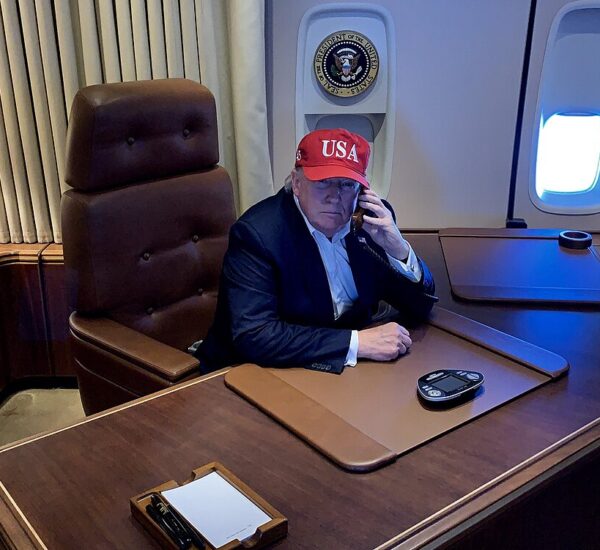
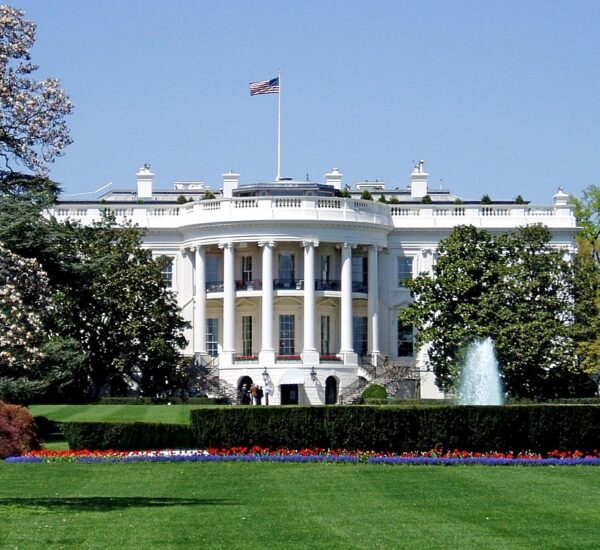
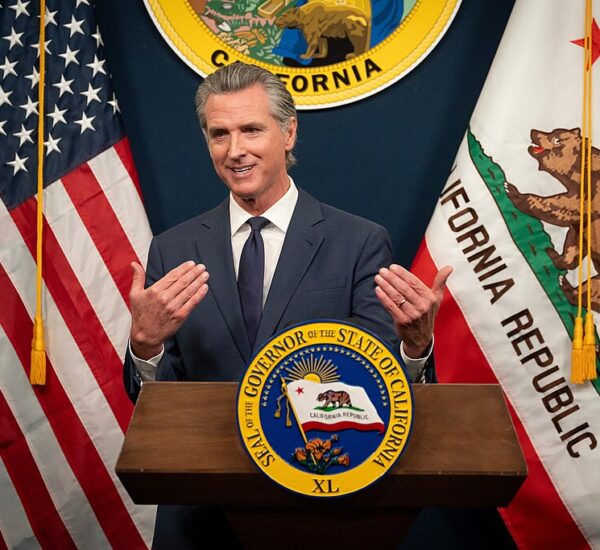
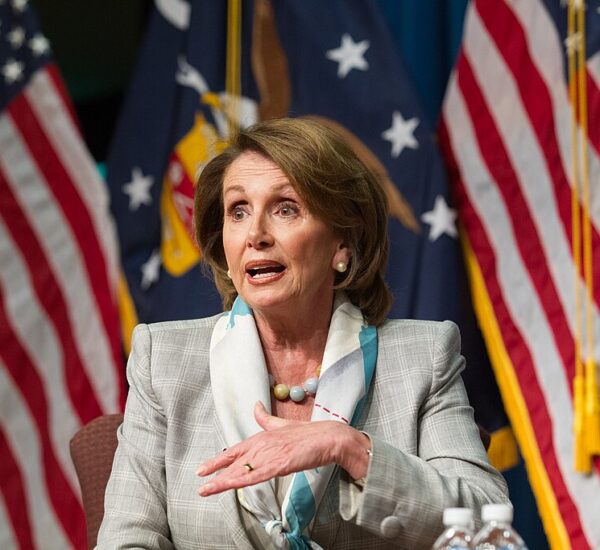
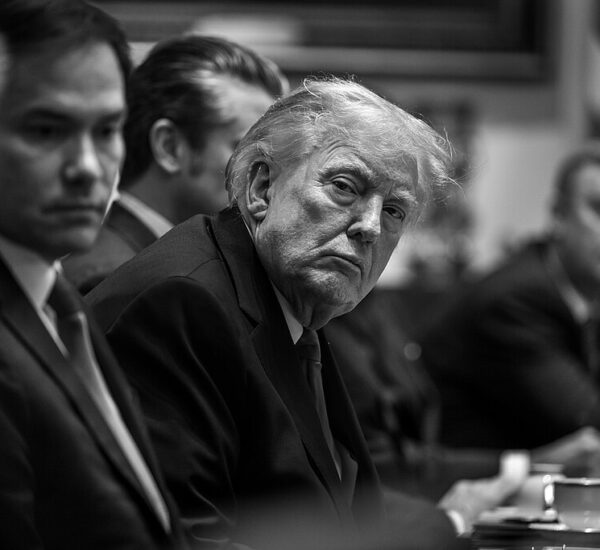
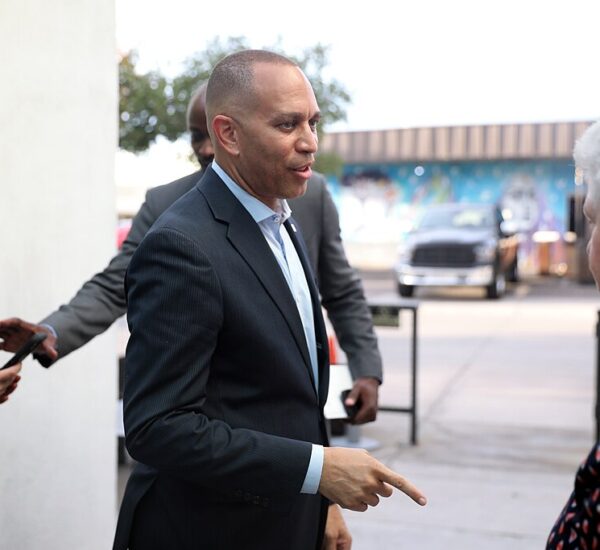
https://shorturl.fm/9wIIr
https://shorturl.fm/8gj0Y
https://shorturl.fm/WJXhP
https://shorturl.fm/9ymYE
https://shorturl.fm/OUadl